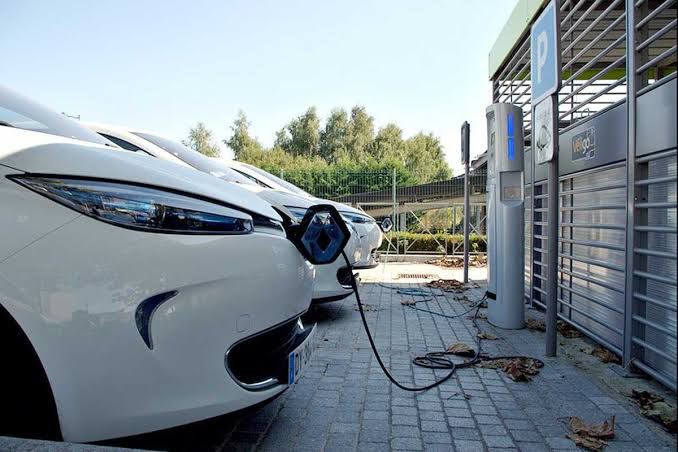The Impact of Electric Cars on the Environment
Environmental Concerns Traditional gasoline-powered vehicles emit a significant amount of greenhouse gases, which contribute to climate change. As awareness about these issues has grown, so has interest in alternatives like electric cars.
Technological Advancements Improvements in battery technology have played a crucial role in the rise of electric cars. Modern electric cars are equipped with lithium-ion batteries that can store more energy and charge faster than older types of batteries. This has made electric cars more convenient to use, increasing their appeal.
Informing Policy Decisions Policymakers need accurate information about the environmental impact of electric cars to make informed decisions. This could influence everything from emissions standards and renewable energy targets to public transportation initiatives and urban planning.
Guiding Consumer Choices Consumers also benefit from understanding the environmental impact of electric cars. This information can help them make more sustainable choices when purchasing vehicles.
Promoting Technological Innovation Finally, discussing the environmental impact of electric cars can drive further innovation. Automakers can use this information to improve the sustainability of their vehicles, for example by developing more efficient batteries or using more sustainable manufacturing processes.
The motor converts electrical energy into mechanical energy to move the car. Some electric cars have a single motor, while others have multiple motors for better performance and efficiency.
Battery Pack The electric motor gets its power from a large battery pack. This pack is usually made up of several individual lithium-ion cells, similar to those found in a laptop or smartphone. The battery pack is recharged by plugging the car into an external power source.
Regenerative Braking One unique feature of electric cars is regenerative braking. When you apply the brakes in a conventional car, the energy is wasted as heat. But in an electric car, the electric motor can work in reverse to slow the car down and convert some of the energy back into electricity. This electricity is then used to recharge the battery pack, improving the car’s efficiency.
Power Electronics Controller This device manages the flow of electrical energy delivered by the battery, controlling the speed at which the car travels. It converts DC power stored in the battery to AC power for the motor.
Improvement in Air Quality Since electric cars produce no tailpipe emissions, they can help improve air quality, particularly in urban areas where traffic congestion is common. This can have significant public health benefits, as air pollution is linked to a range of health issues from asthma to heart disease.
Decrease in Noise Pollution Electric cars are much quieter than conventional cars, which can help reduce noise pollution. This is particularly beneficial in urban areas and can contribute to improved quality of life for city dwellers.
Energy Efficiency Electric cars are generally more energy-efficient than conventional cars. This means they use less energy to travel the same distance, making them cheaper to run and reducing their environmental impact. Promotion of Renewable Energy As the grid becomes cleaner with more renewable energy sources, the environmental benefits of electric cars will increase. Furthermore, electric cars can be integrated into smart grid technology, using their batteries to store excess wind or solar power, then feed it back into the grid when needed.
Battery Production and Disposal The production of batteries for electric cars requires a significant amount of energy and raw materials, such as lithium, cobalt, and nickel. Mining these materials can have negative environmental impacts, including habitat destruction, soil and water pollution, and increased greenhouse gas emissions. Additionally, the disposal of used batteries poses another environmental challenge. While battery recycling programs exist, they are not yet widespread or fully developed.
Energy Source for Electricity While electric cars themselves do not produce tailpipe emissions, the electricity they use is often generated from fossil fuels, particularly in countries with a high reliance on coal for electricity generation. This means that while electric cars may be ‘zero emissions’ in operation, they are not truly ‘zero emissions’ when considering the full life cycle.
Infrastructure Challenges The widespread adoption of electric cars requires significant infrastructure changes, including the installation of charging stations at convenient locations. In many areas, this infrastructure is still lacking, which can be a barrier to the adoption of electric cars.Vehicle Range and Charging Time While advances in technology are addressing these issues, electric cars still generally have a shorter range than gasoline-powered cars and take longer to ‘refuel’. This can make them less practical for long trips or for people who do not have easy access to charging stations.
Cost Considerations Despite decreasing costs, electric cars are still generally more expensive to purchase than comparable gasoline-powered cars. However, this is offset to some extent by lower operating costs.




